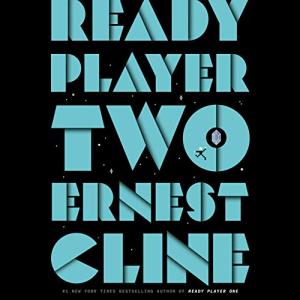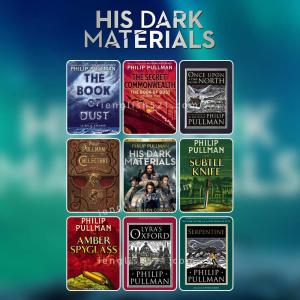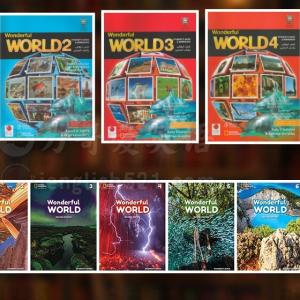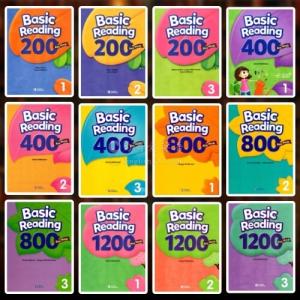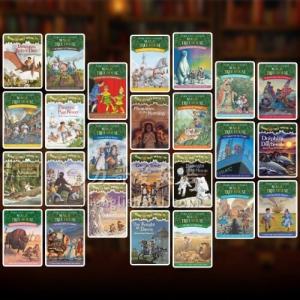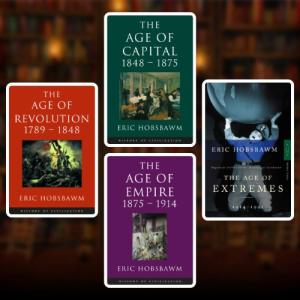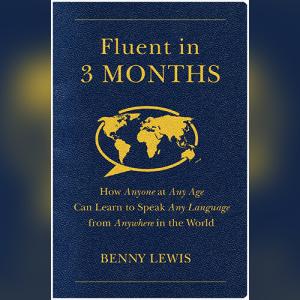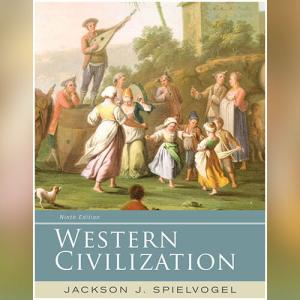When did people first start to wear jewelry or play music? When were cows domesticated, and why do we feed their milk to our children? Where were the first cities, and what made them succeed? Who developed math--or invented money?
The history of humanity is one of invention and innovation, as we have continually created new things to use, to admire, or leave our mark on the world. In this groundbreaking book, Neil MacGregor turns to objects that previous civilizations have left behind to paint a portrait of mankind's evolution, focusing on unexpected turning points.文章源自:力哥爱英语(ienglish521.com)力哥爱英语-https://ienglish521.com/2488.html
Beginning with a chopping tool from the Olduvai Gorge in Africa and ending with a recent innovation that is transforming the way we power our world, he urges us to see history as a kaleidoscope--shifting, interconnected, constantly surprising. A landmark bestseller, A History of the World in 100 Objects is one f the most unusual and engrossing history books to be published in years. 文章源自:力哥爱英语(ienglish521.com)力哥爱英语-https://ienglish521.com/2488.html
《大英博物馆世界简史》由大英博物馆和英国国家广播公司(BBC)联合打造,由大英博物馆馆长尼尔·麦格雷戈亲自撰写,一共动员100多名馆员、400多名专家,编撰时间长达4年,从大英博物馆800万件馆藏中精选了100件代表性物品,全面展现了人类200万年文明史。这是一项“全世界只有大英博物馆才能办到的世界史撰写计划”,以广播形式在BBC播出时,创下了1100万人口同时收听的纪录,《纽约时报》盛赞其为“空前绝后的巨献”。文章源自:力哥爱英语(ienglish521.com)力哥爱英语-https://ienglish521.com/2488.html

下载信息已被隐藏,请在下方输入 验证码 查看隐藏内容文章源自:力哥爱英语(ienglish521.com)力哥爱英语-https://ienglish521.com/2488.html
关注微信公众号,回复“验证码”,获取验证码。 在微信里搜索“力哥爱英语小站”或扫码关注。 文章源自:力哥爱英语(ienglish521.com)力哥爱英语-https://ienglish521.com/2488.html
⚠️ 取关用户无法收到验证码或任何消息,无需再次关注 ⚠️ 文章源自:力哥爱英语(ienglish521.com)力哥爱英语-https://ienglish521.com/2488.html






